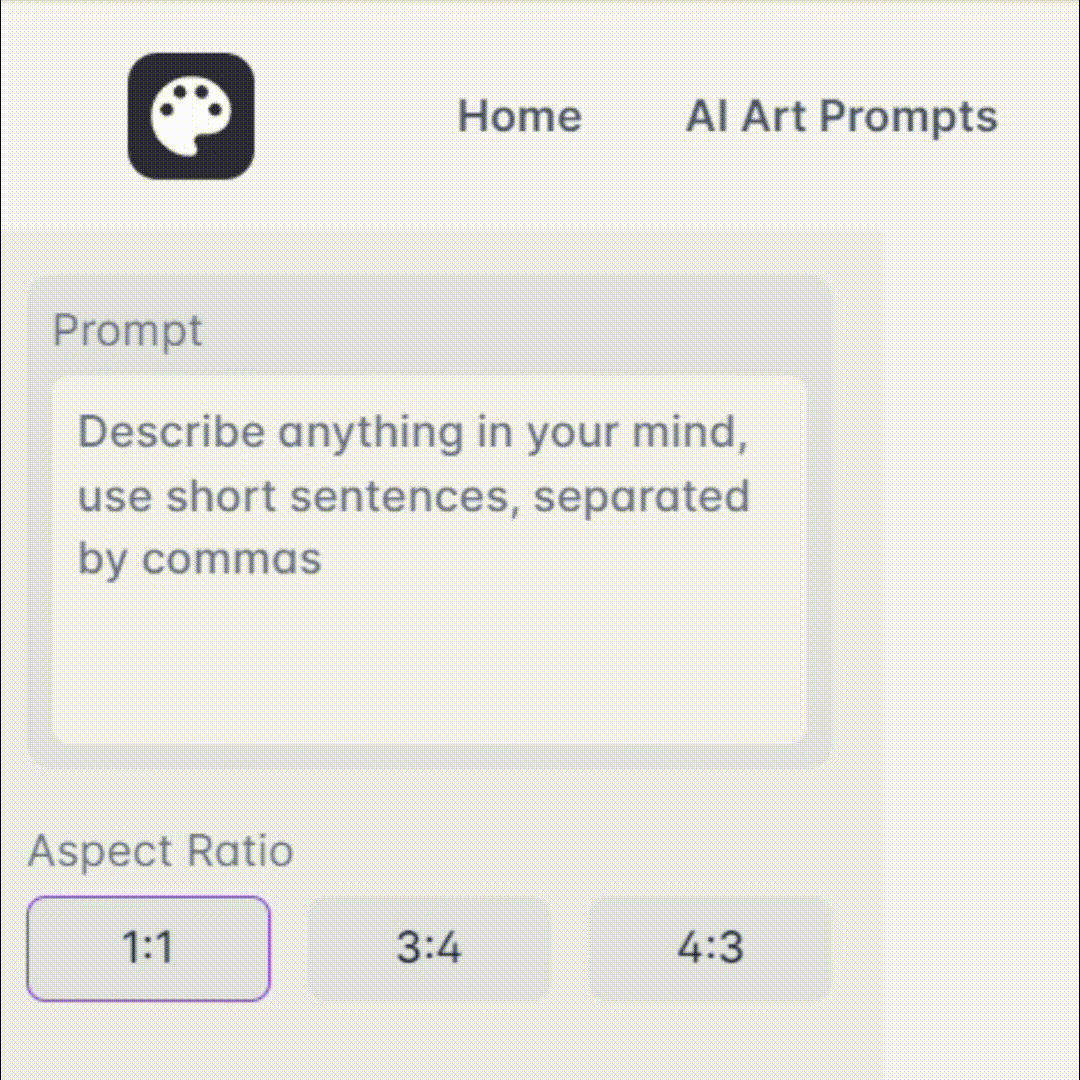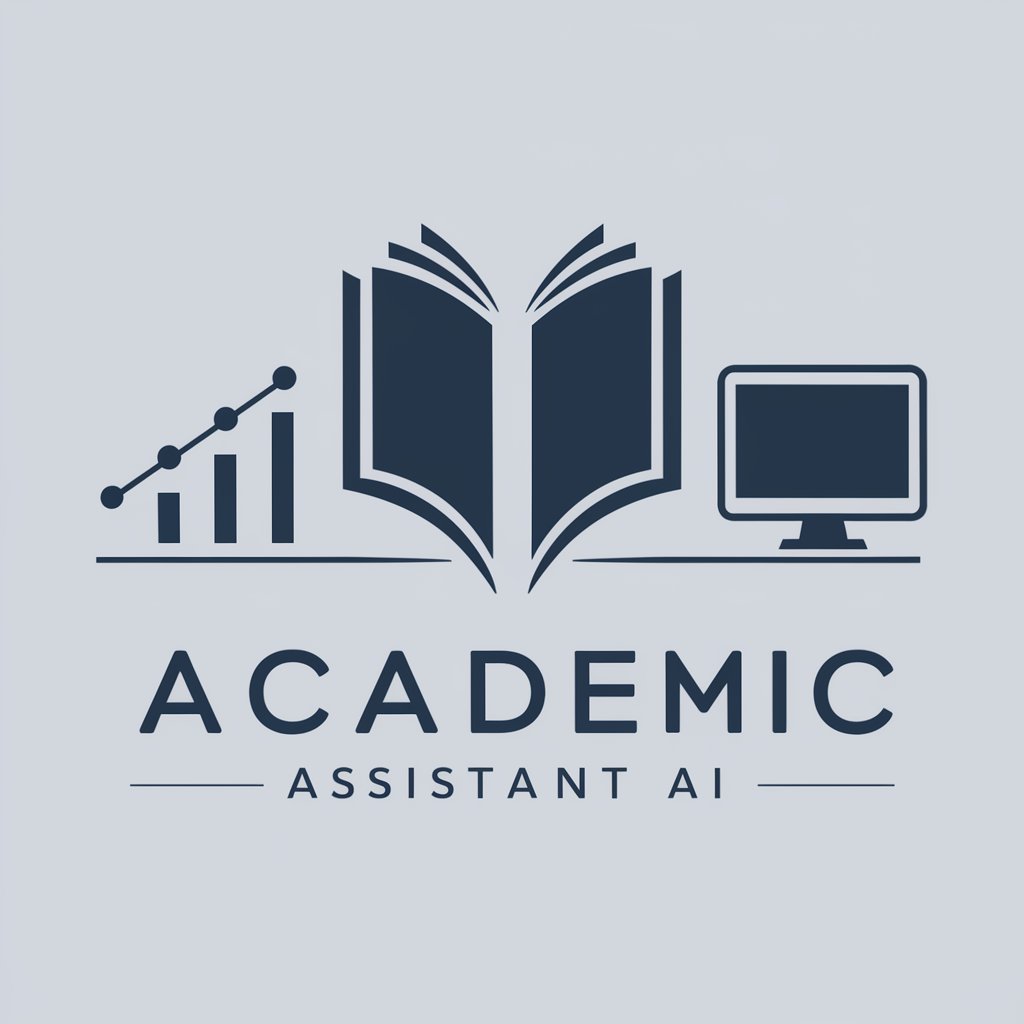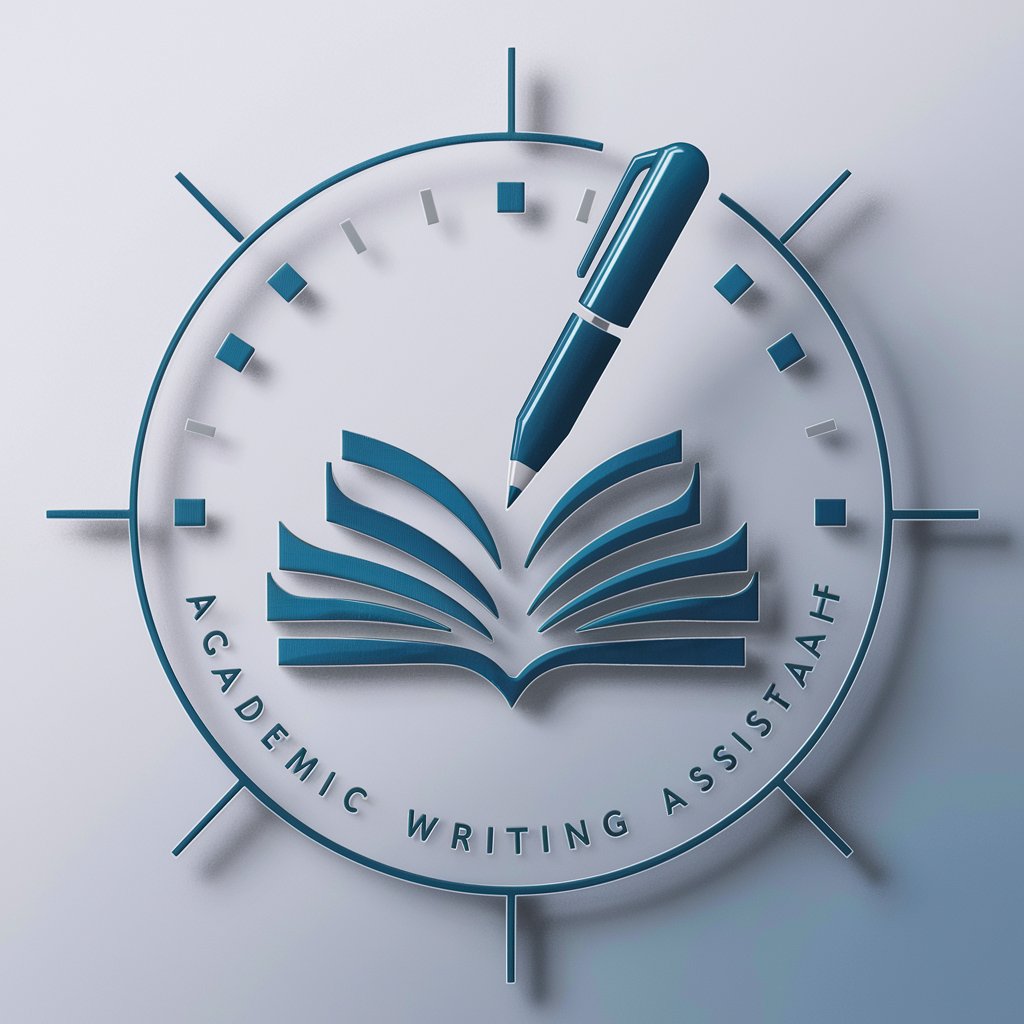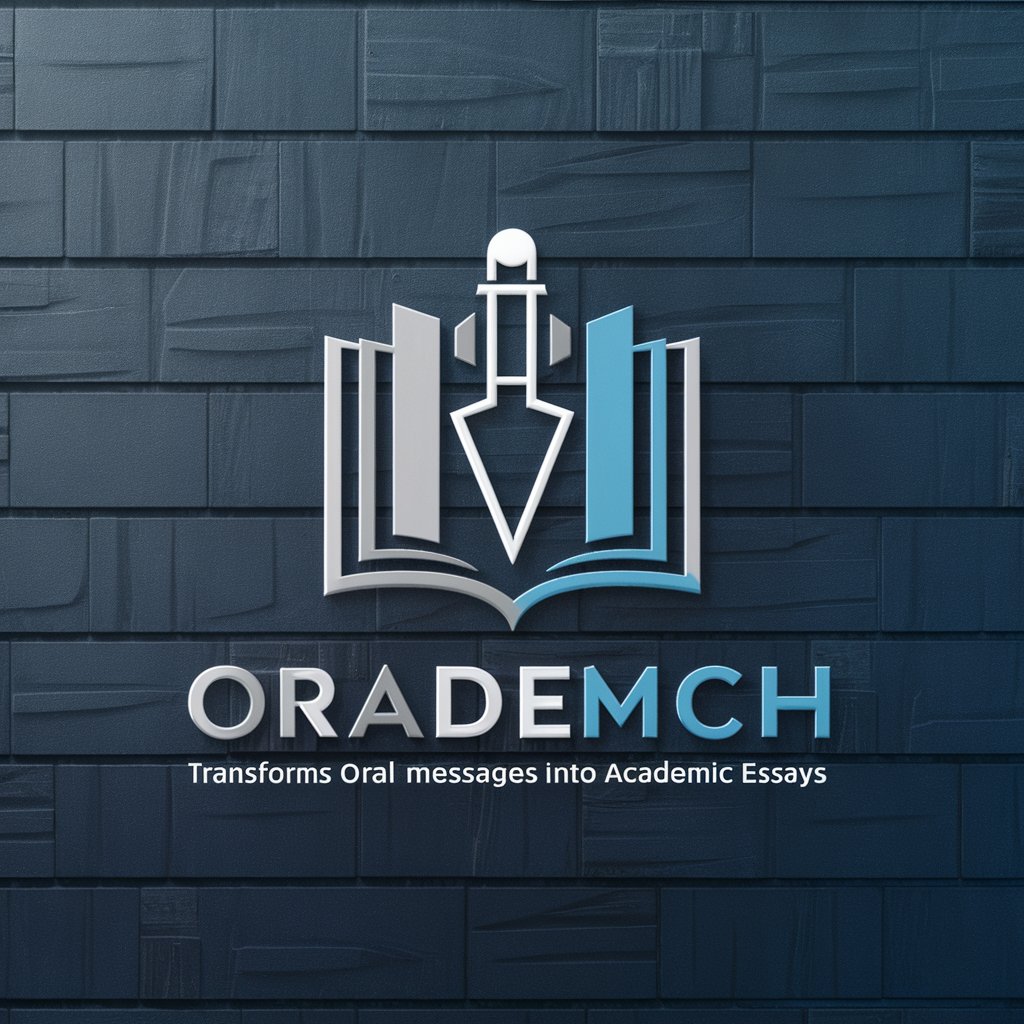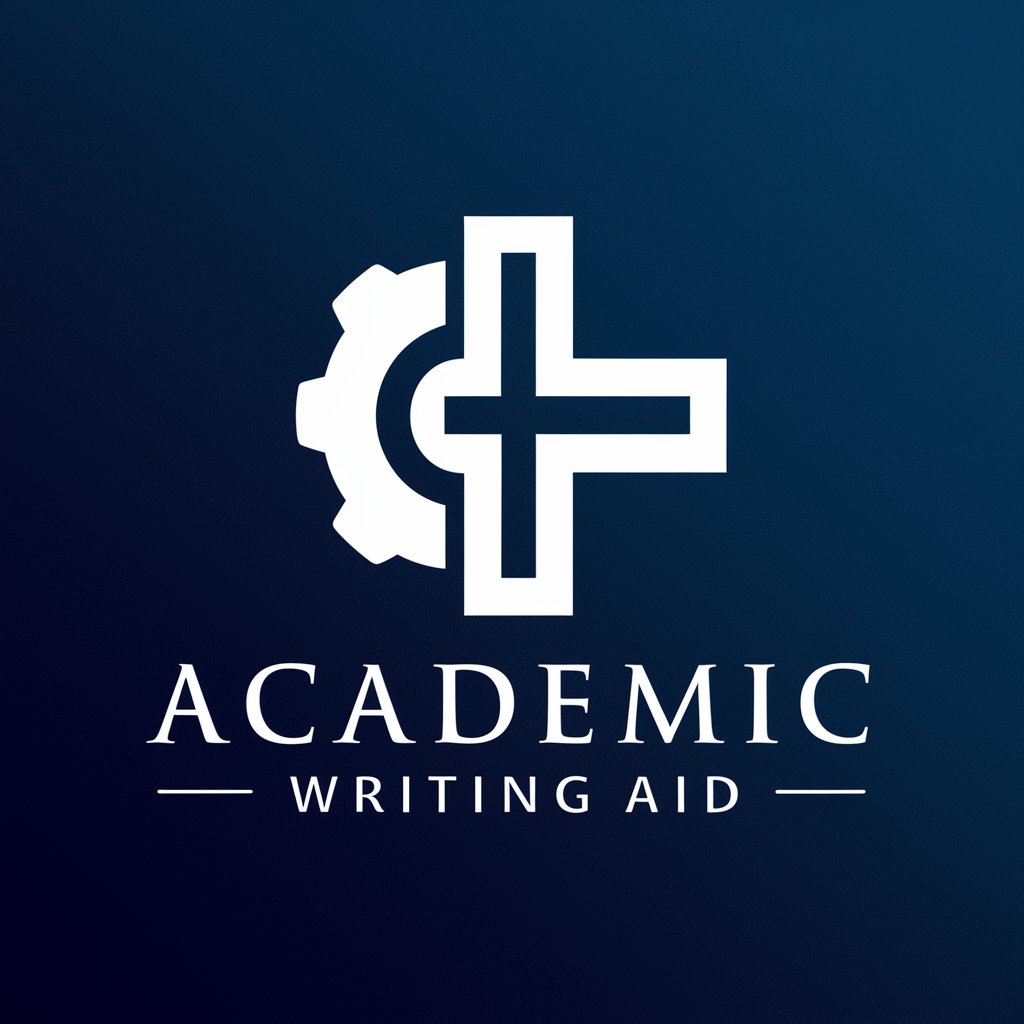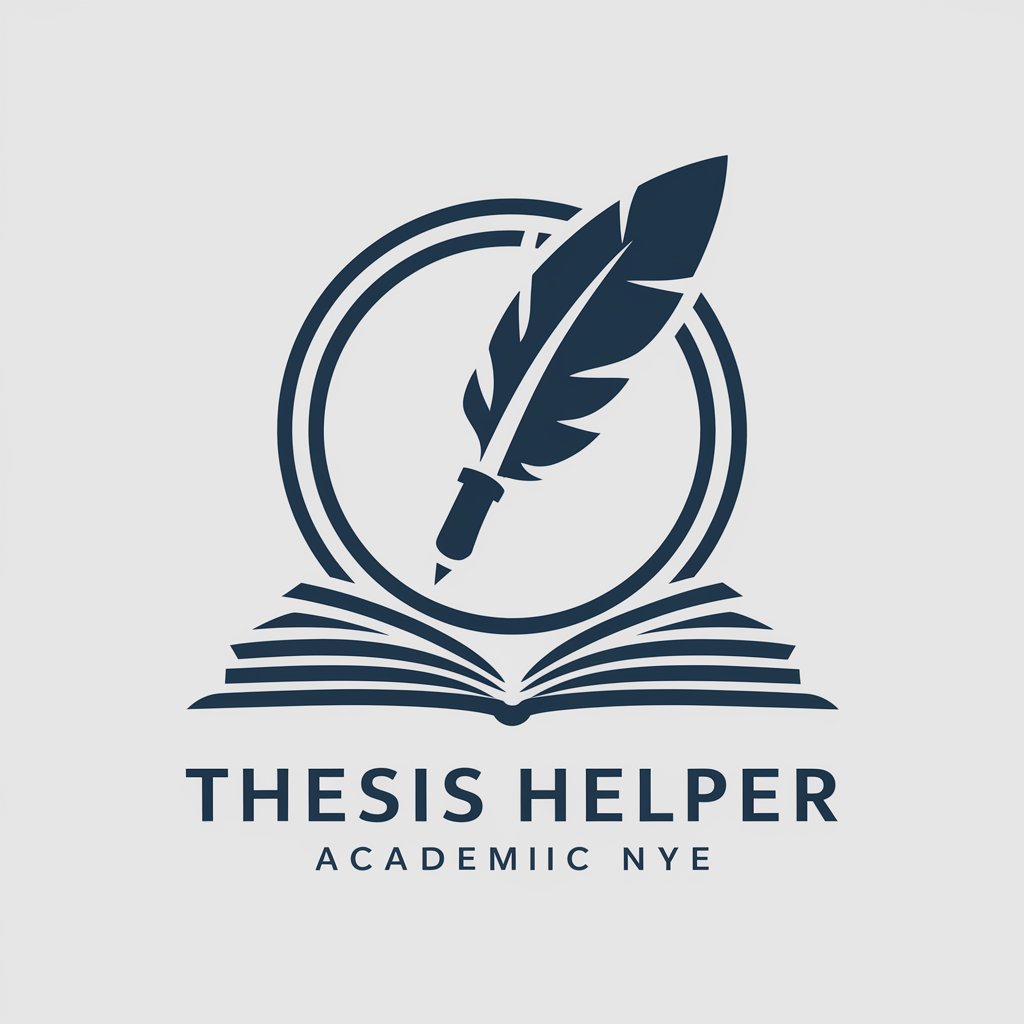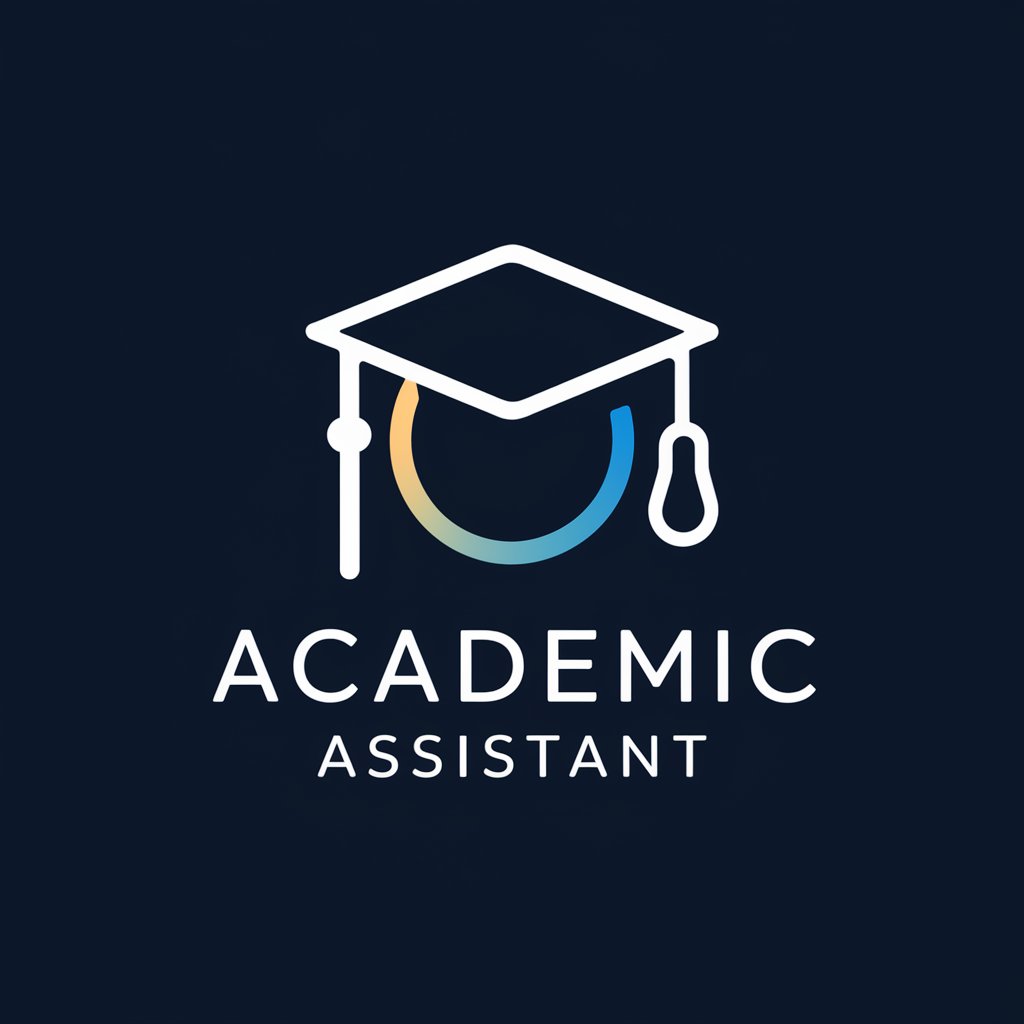
Academic Writing Helper - AI-powered academic writing tool

Hello, how can I assist with your academic paper today?
AI-powered writing assistant for academics.
Can you help me start my methodology section?
How do I respond to this reviewer's comment?
Please continue writing from this paragraph.
Translate this paragraph to Chinese.
Get Embed Code
Introduction to Academic Writing Helper
Academic Writing Helper is a specialized tool designed to assist researchers, students, and academic professionals in crafting high-quality academic papers. Its primary purpose is to streamline and optimize the writing process, focusing on improving clarity, structure, and adherence to specific formats such as the IEEE. It caters to various stages of writing, including brainstorming, drafting, refining, and responding to feedback from peer reviewers. By offering contextual suggestions, it helps authors overcome writer's block, improve precision, and align their work with the stringent requirements of academic publishing. For instance, if a researcher is struggling to create a concise methodology section, the tool can provide tailored content that matches the research design and academic standards. Powered by ChatGPT-4o。

Key Functions of Academic Writing Helper
Generating Methodology Sections
Example
A PhD candidate is writing a paper on machine learning algorithms and needs a well-structured methodology section. Academic Writing Helper provides clear, concise paragraphs detailing the experimental setup, evaluation metrics, and data collection process, ensuring these elements align with IEEE standards.
Scenario
In real-world use, a researcher might input data on their experiment design, such as sample sizes, data collection techniques, and evaluation methods, and Academic Writing Helper would transform this input into a polished methodology section, adhering to formal academic language and structure.
Conciseness and Clarity Enhancement
Example
A student submits a verbose literature review with many redundant phrases. Academic Writing Helper analyzes the content and suggests ways to eliminate repetition while retaining key information, reducing the word count and improving readability.
Scenario
In a practical context, a user might paste a section of their draft, and the tool would highlight unnecessary complexities and rephrase long-winded explanations, ensuring the final version is succinct and impactful.
Continuing Writing from a Given Sentence or Paragraph
Example
A researcher has written the introduction of their results section but is unsure how to elaborate on the data trends. Academic Writing Helper picks up from the last sentence and suggests a natural continuation, including possible interpretations of the data.
Scenario
This feature would be particularly useful in moments when a writer gets stuck after drafting an idea. The tool helps by extrapolating the argument logically, proposing the next steps in the discussion or interpretation, effectively preventing writer's block.
Translating Text for Multilingual Researchers
Example
An international researcher has written a draft in their native language and needs to submit it to an English-language journal. Academic Writing Helper translates the text into fluent academic English while maintaining technical accuracy.
Scenario
In the real world, this function is valuable for non-native English speakers who are required to publish in international journals. It provides accurate translation while adjusting to the tone and complexity of formal writing expected in academic papers.
Reviewer Comment Response
Example
After receiving peer review feedback suggesting clearer explanation of the statistical methods used, a researcher inputs the reviewer’s comments and the existing text. Academic Writing Helper suggests how to revise the section to address the critique, including potential statistical clarifications or visual aids like graphs.
Scenario
This function is especially helpful for researchers during the revision phase of publication, guiding them through complex reviewer comments and providing strategies for rewriting sections to meet the reviewers' expectations.
Ideal User Groups for Academic Writing Helper
Graduate Students
Graduate students often need guidance on structuring their theses or research papers. Academic Writing Helper supports them by offering suggestions on methodology sections, literature reviews, and data interpretation. It helps them learn academic writing standards and prepares their work for publication.
Non-Native English Speaking Researchers
Researchers who are proficient in their field but not in English writing benefit from translation services, ensuring their work is accurately communicated in high-quality English. The tool enhances their confidence in submitting papers to international journals, offering seamless language translation while maintaining academic tone.
Early-Career Researchers
Early-career researchers may struggle with responding to peer reviewers or adhering to specific formatting guidelines like IEEE. Academic Writing Helper provides targeted suggestions for revising papers, responding to reviewer critiques, and complying with formatting requirements, ensuring their research is accepted for publication.
Experienced Researchers Seeking Efficiency
Experienced researchers who have extensive workloads benefit from the tool’s ability to streamline writing tasks. It helps them focus on core research while automating parts of the writing process, such as refining methodology sections, revising based on reviewer comments, and ensuring conciseness.

How to Use Academic Writing Helper
Visit yeschat.ai for a free trial without login, also no need for ChatGPT Plus.
Navigate to yeschat.ai and begin using the tool instantly without the hassle of creating an account or requiring a premium subscription, such as ChatGPT Plus.
Define your writing task clearly.
Specify whether you're generating new content, improving existing material, or responding to editor comments. The more precise your input, the better the output.
Use academic prompts for targeted results.
Formulate detailed academic writing queries, like 'summarize my introduction concisely' or 'develop my methodology further'.
Iterate with specific feedback.
If the initial output isn’t perfect, provide feedback. Use commands such as 'make this section more concise' or 'focus more on methodology structure'.
Save and organize outputs.
After generating responses, copy and save the best versions. For ongoing projects, it’s helpful to maintain a file with iterations for review.
Try other advanced and practical GPTs
Originality Writer
Craft Originality with AI-Power
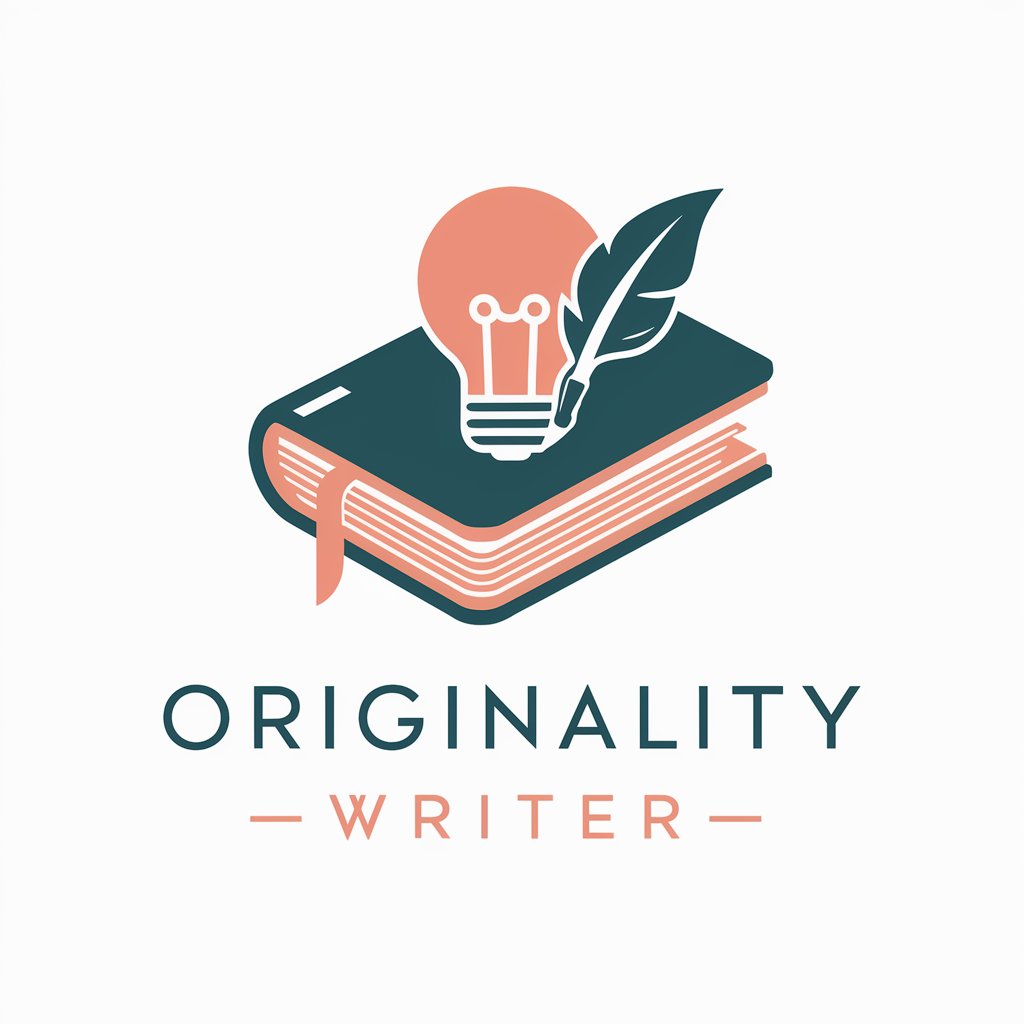
Benefits Copywriter
AI-powered benefits copy for your product

HR Health Benefits Helper
Empowering benefits choices with AI

Indian Advanced Language Translator
Bridging Languages with AI
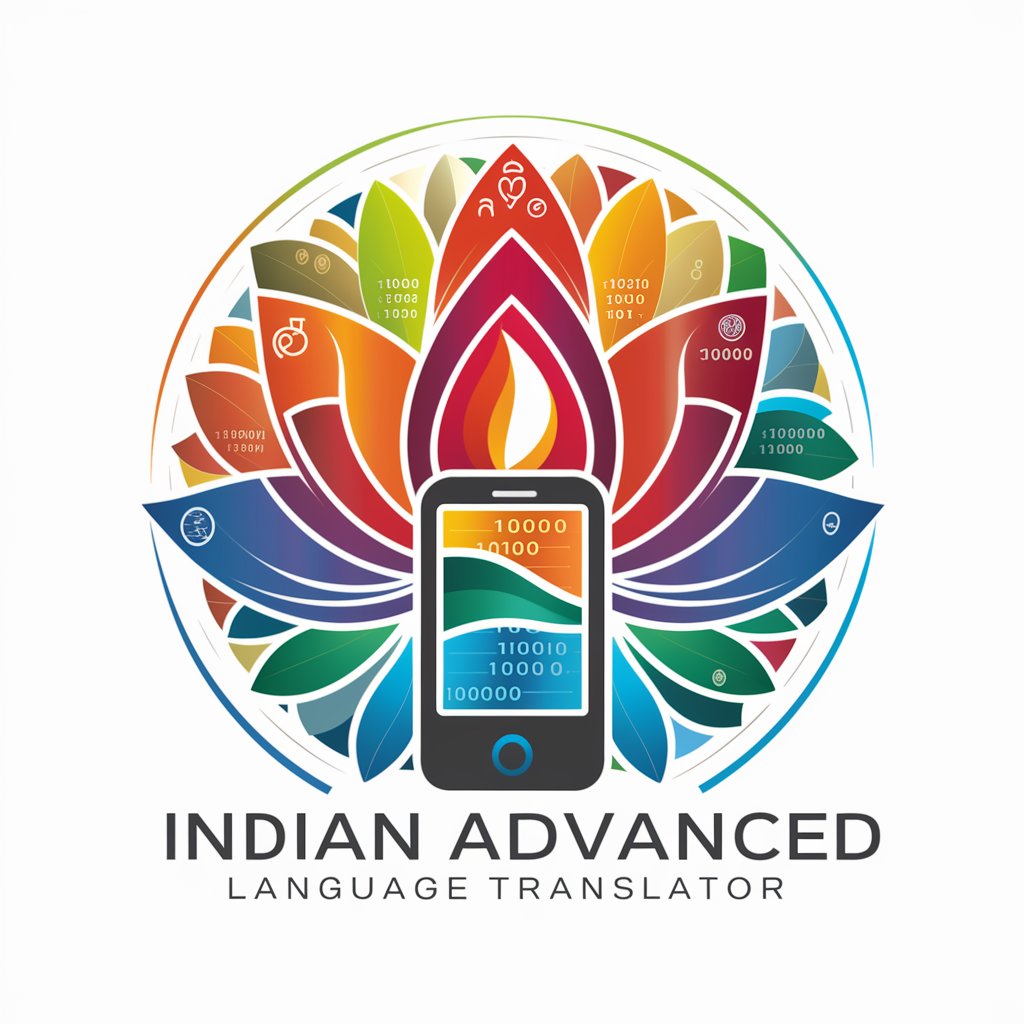
Oficial de Seguridad de la Información
Empowering Cyber Resilience with AI

Struttura della materia
Exploring the complexity of matter with AI-driven insights
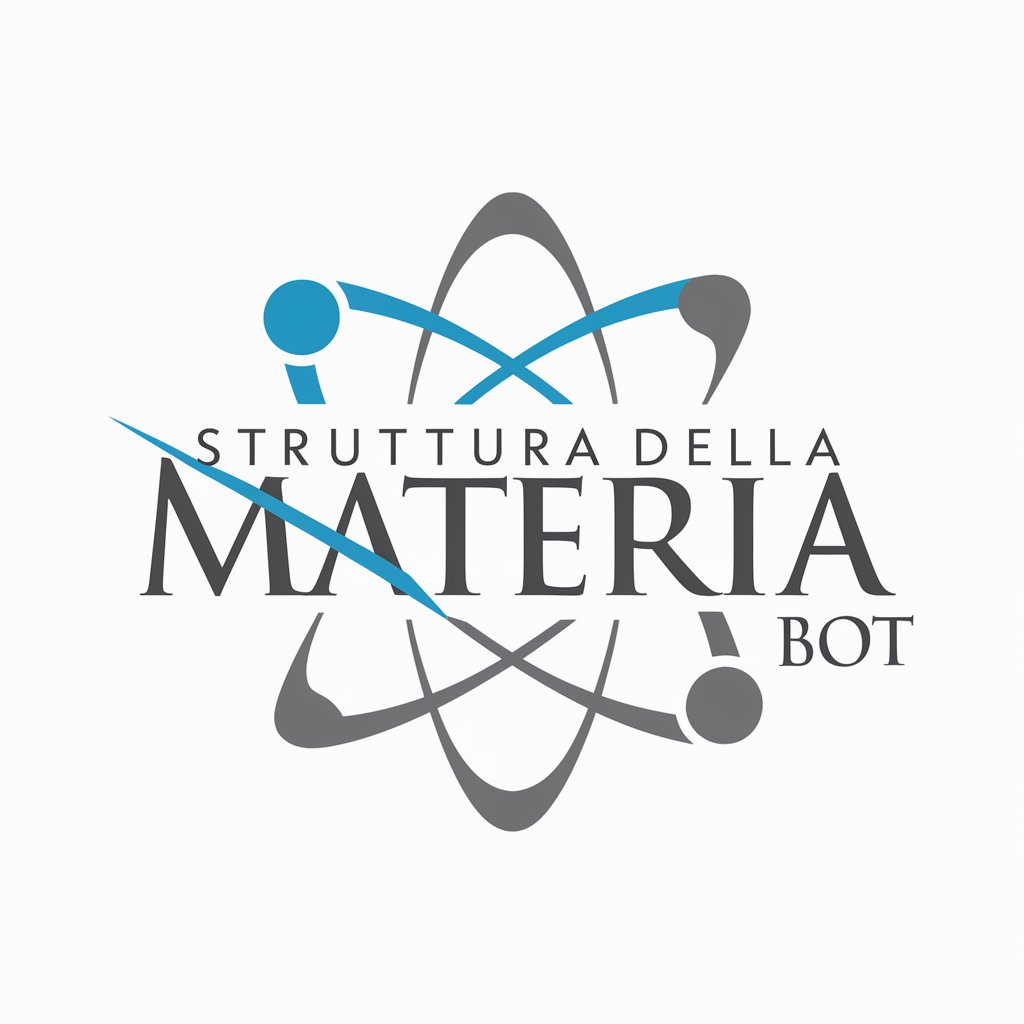
Bizee - Insect AI
Unveiling Insect Secrets with AI

InfoEditor
Enhance Creativity with AI-Powered Video Editing

C# Mentor
Your AI-Powered C# Coach
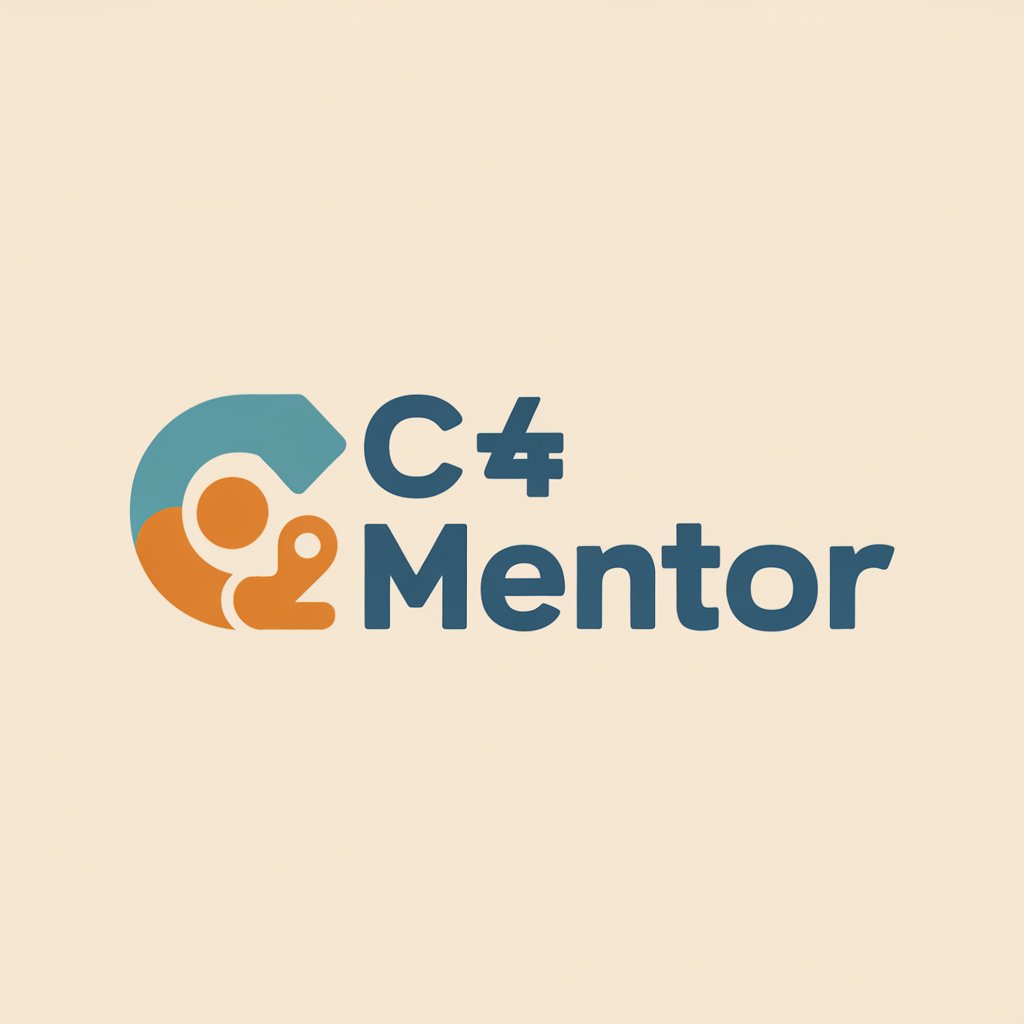
LA Rental Advisor
Power Your Rentals with AI

Empathetic Advisor
Navigating Human Interactions with AI

Los Angeles Real Estate Analyst
Decoding SoCal Real Estate with AI

Q&A About Academic Writing Helper
How does Academic Writing Helper improve academic writing?
It assists by refining content, generating new ideas for sections like methodology, and ensuring writing aligns with academic standards. The tool excels at making paragraphs concise and ensuring logical flow.
Can it handle complex academic tasks such as responding to reviewer comments?
Yes, Academic Writing Helper is ideal for responding to reviewer and editor comments. It provides clear, professional responses, making sure feedback is integrated effectively.
How does it generate ideas for methodology sections?
It leverages AI to suggest approaches, techniques, and frameworks based on the research field. By analyzing input, it offers innovative ways to structure and present your methodology.
Does it follow specific writing styles such as IEEE?
Absolutely, the tool is designed to follow academic styles like IEEE, ensuring that the writing is precise, formal, and aligned with the correct formatting.
Is it only for generating new content or can it help improve existing work?
It works both ways. You can use it to create new sections from scratch or enhance existing content by making it more concise, improving clarity, and correcting flow issues.
